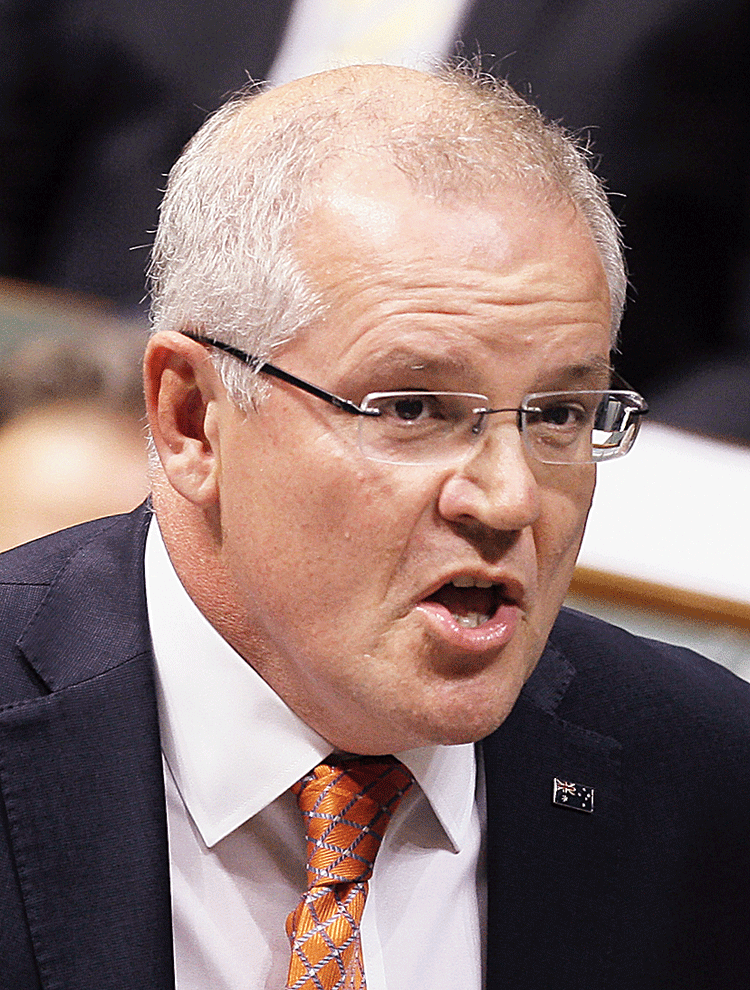After weeks of criticism over the handling of the bushfires scorching Australia, Prime Minister Scott Morrison said on Sunday he would propose a national review into the response to the disaster, as the fires claimed another firefighter’s life.
The Australian bush has been burning for nearly three months and the fires have killed 28 people, claimed 2,000 homes and consumed millions of acres of land and wildlife. The crisis is becoming increasingly political as the country looks at the causes and the government’s response.
“There is obviously a need for a national review of the response,” Morrison said in an interview with ABC television.
Asked whether it should be a Royal Commission, a powerful judicial inquiry, Morrison said: “I think that is what would be necessary and I will be taking a proposal through the cabinet to that end, but it must be done with consultations with the states and territories.”
Morrison said the inquiry would examine the response to the crisis, including the deployment of emergency services to battle the fires at a state and local level, the role of the federal government, and the impact of climate change.
Facing increasing pressure to do more to tackle climate change, Morrison, who has so far been defiant in rejecting any links between his government’s conservative climate policies and the bushfires, said his government would look into improving its performance on curbing emissions.
“We want to reduce emissions and do the best job we possibly can and get better and better and better at it,” he said. “I want to do that with a balanced policy which recognises Australia’s broader national economic interests and social interest.”
Morrison rejected criticism that his government had not done enough before the bushfire season started, but he admitted that once the fires started, some responses could have been different.
“There are things I could have handled on the ground much better,” he said. “These are sensitive environments, there are very emotional environments; Prime Ministers are flesh and blood too in how they engage with people.”










